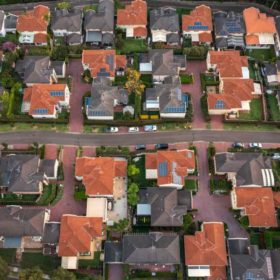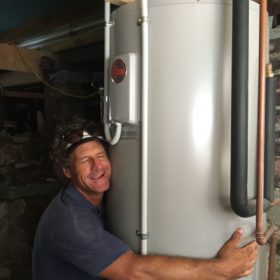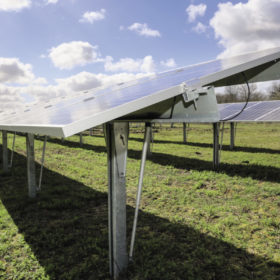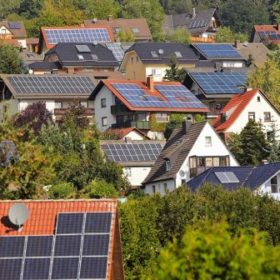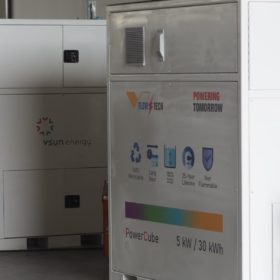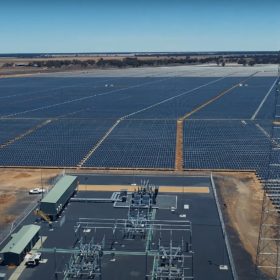A closer look at Australia’s ‘solar stopper’ market reforms
Australia is currently staring down a suite of reforms which could stifle our rapid and sensible transition to clean energy.
UNSW study: channelling rooftop PV into water heating is a residential super saver
Put solar in your hot water tank! Off-peak electricity rates are fast becoming an unhelpful price signal for rooftop solar owners, who benefit by self consuming their excess solar ahead of drawing electricity from the grid at any time of day.
What’s it like to own an EV?
Thursday this week is World EV Day, and ClimateLaunchpad is celebrating an Aussie startup that pairs EV tyre kickers with converts to help the country accelerate its uptake of clean-driving vehicles.
English solar developers expand into friendly New Zealand
Hive Energy, Ethical Power Group and Solar South West have set up a joint venture they hope will lead to 350 MW of utility scale installations in a country which does not suffer from grid congestion and which appears to have an energy transition-friendly administration.
Flexible solar panel for vehicle-integrated applications
Called SolFlex, the frameless panel is based on 22%-efficient solar cells and is designed for high, one-sided heat load. The standard product measures 100x100x2.9cm, weighs in at 3.4kg, and has a power output of 170 W.
Sunday read: Digesting Europe’s border tax proposal
The European Union’s proposed carbon border tax on imports of energy-intensive goods could push up prices of steel, aluminium and raw materials, which could add costs to the supply chain for solar PV installations. In the longer run, however, the border tax could also offer solar PV manufacturers new opportunities to source materials with a lower carbon footprint.
Saturday read: Gigafabs in India
India’s solar module makers have built a strong track record, and now the country is set to see vast battery facilities developed. Uma Gupta provides a look into ambitious manufacturing projects and the wider enabled ecosystem.
AEMO on target to trial DER marketplace platform
The development of a “world-first” marketplace designed to maximise the value of distributed energy resources, including rooftop solar PV, batteries and electric vehicles is on track with the Australian Energy Market Operator confirming it expects to start trialling the platform in early 2022.
VSUN reveals rollout of redox flow battery technology
The suitability of vanadium redox flow battery technology for Australian residential and commercial applications is set to be tested with Perth-based energy storage company VSUN Energy planning to deploy three 5 kW/30 kWh flow batteries.
EGP moves ahead with sale of Australian assets
Renewable energy developer Elliott Green Power is now accepting official bids for its Australian solar PV farms and expanding portfolio of battery energy storage assets as it seeks to exit the Australian market.
